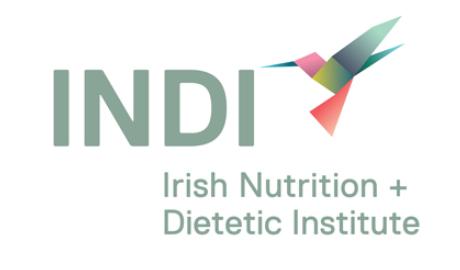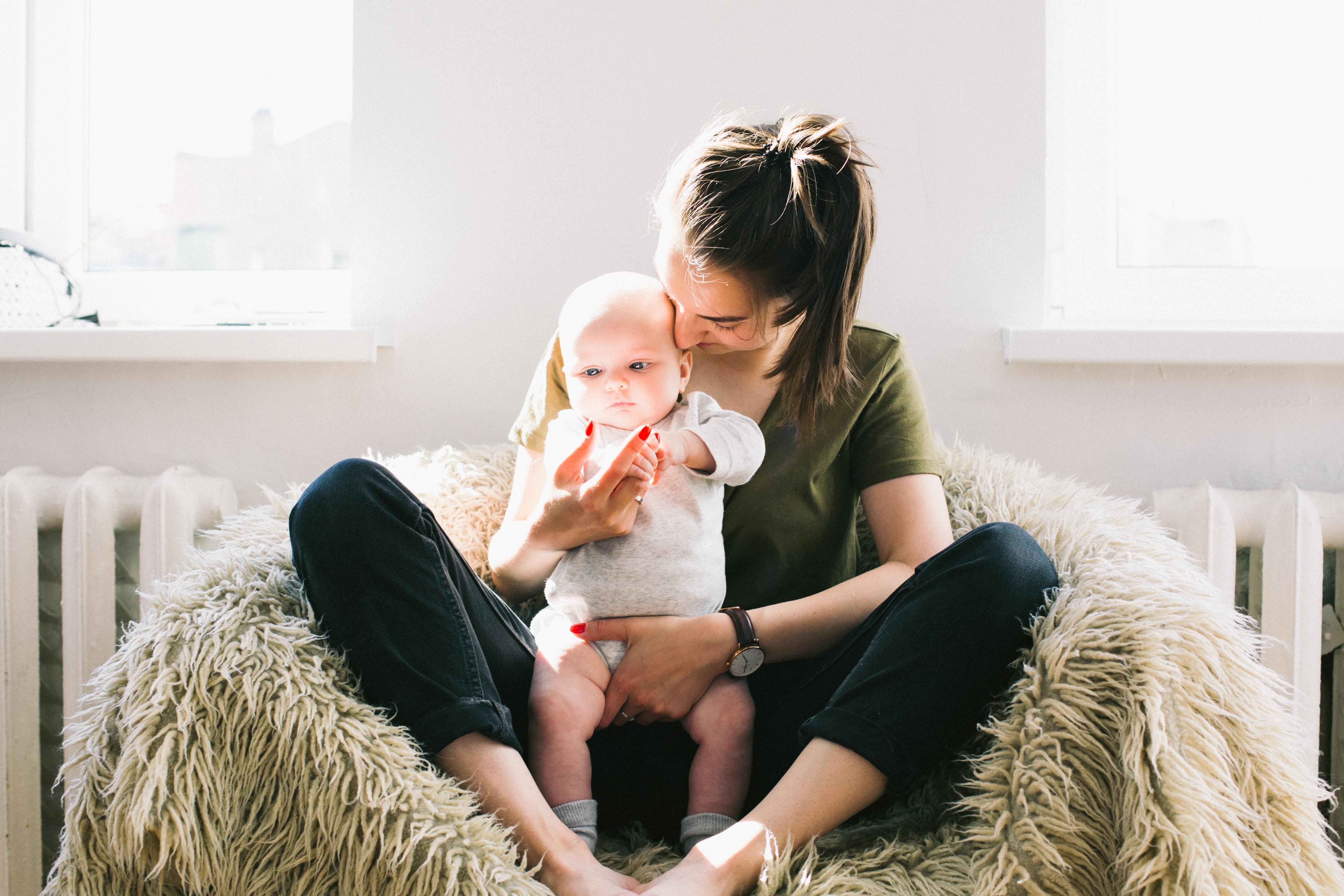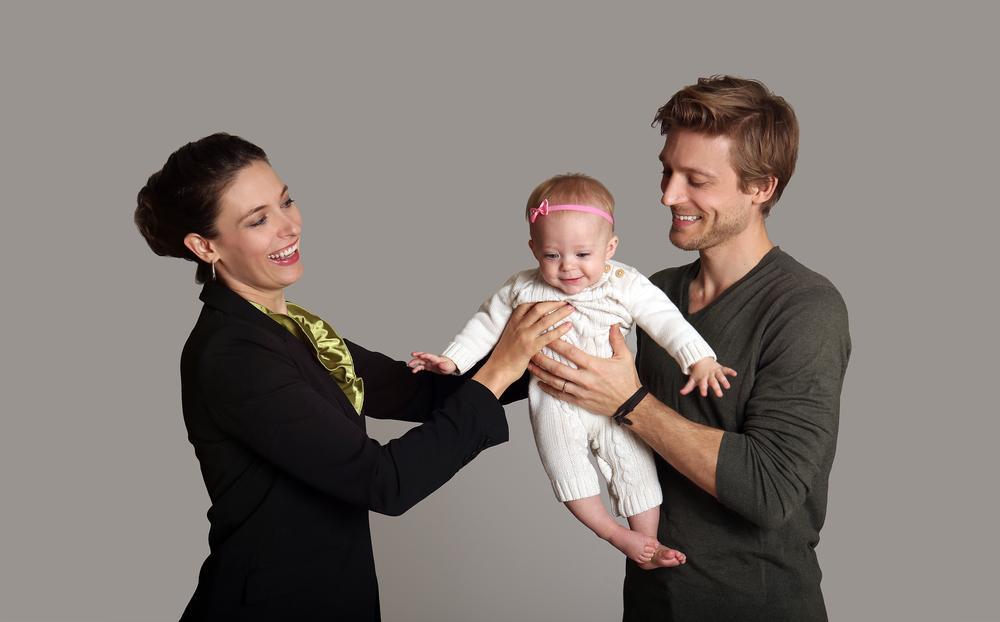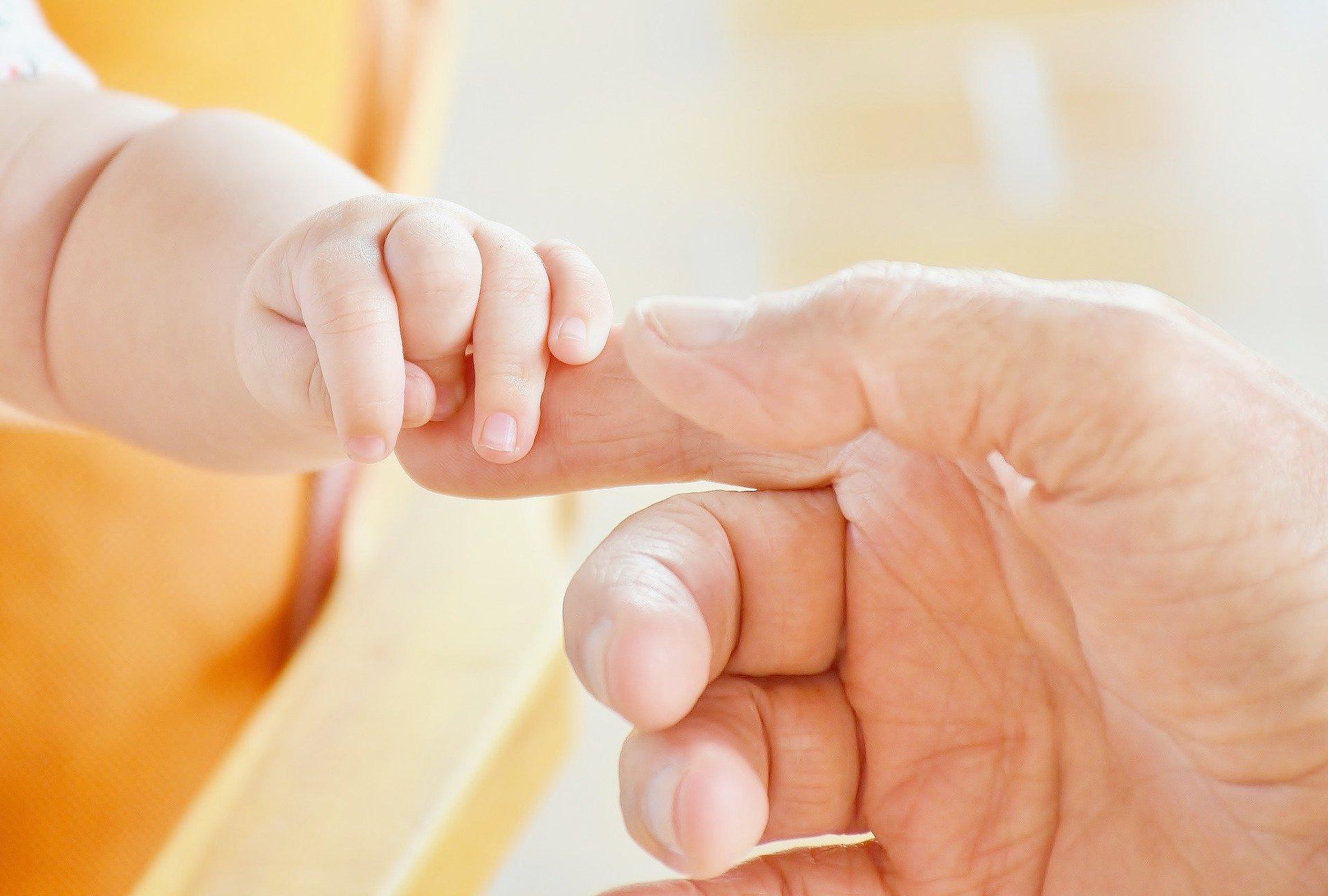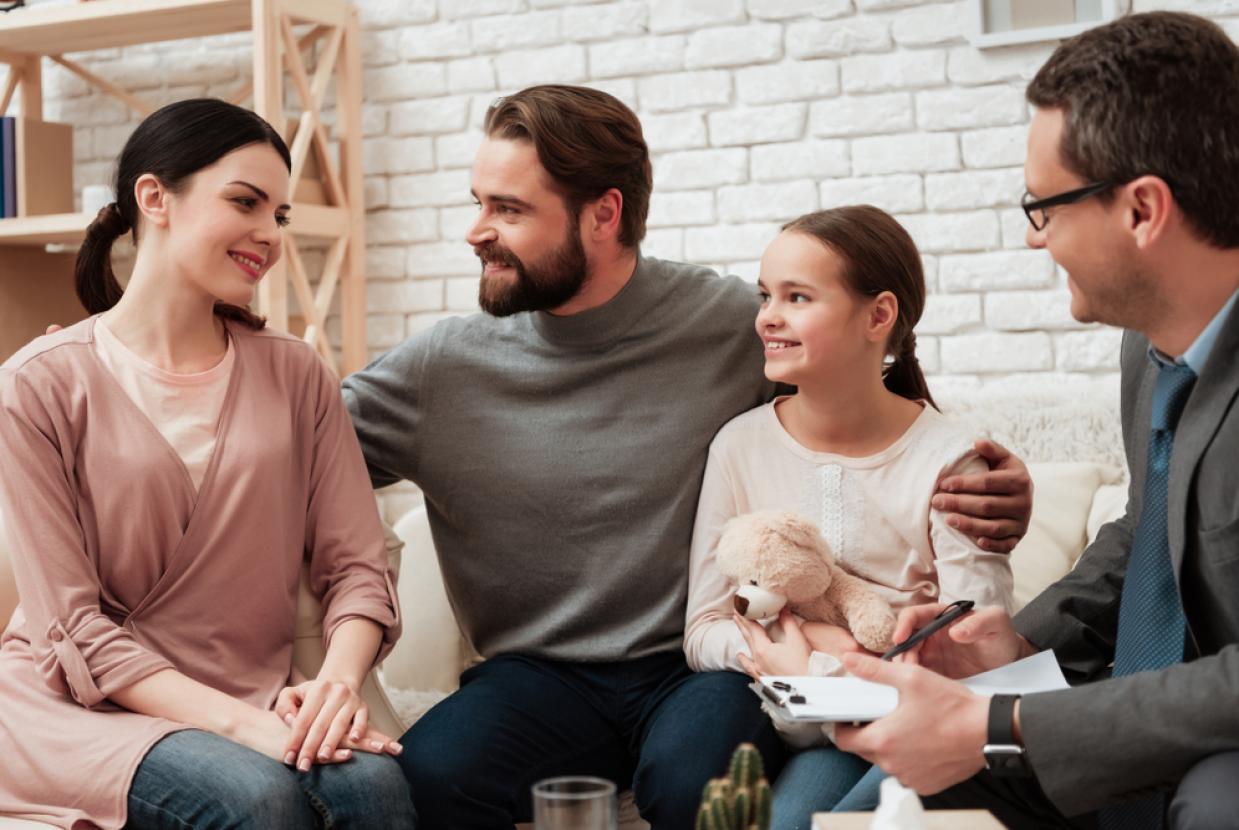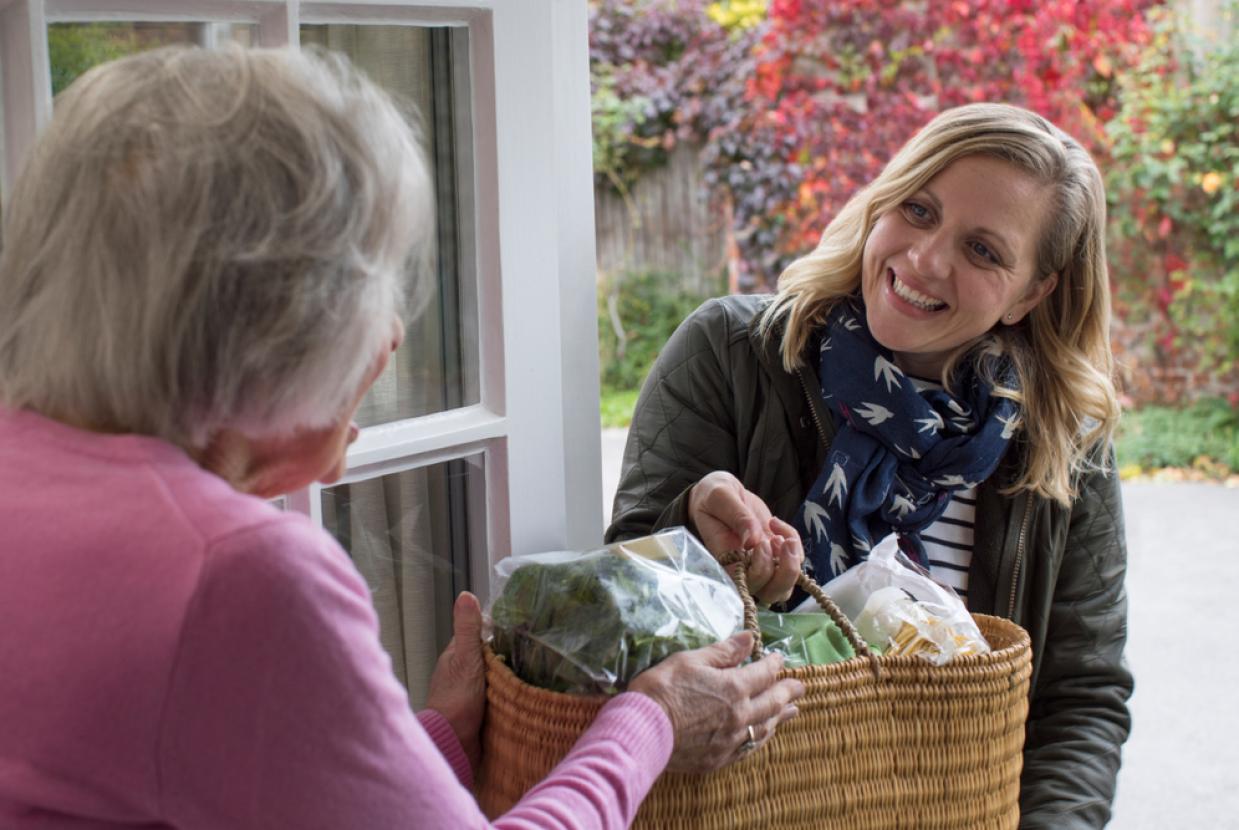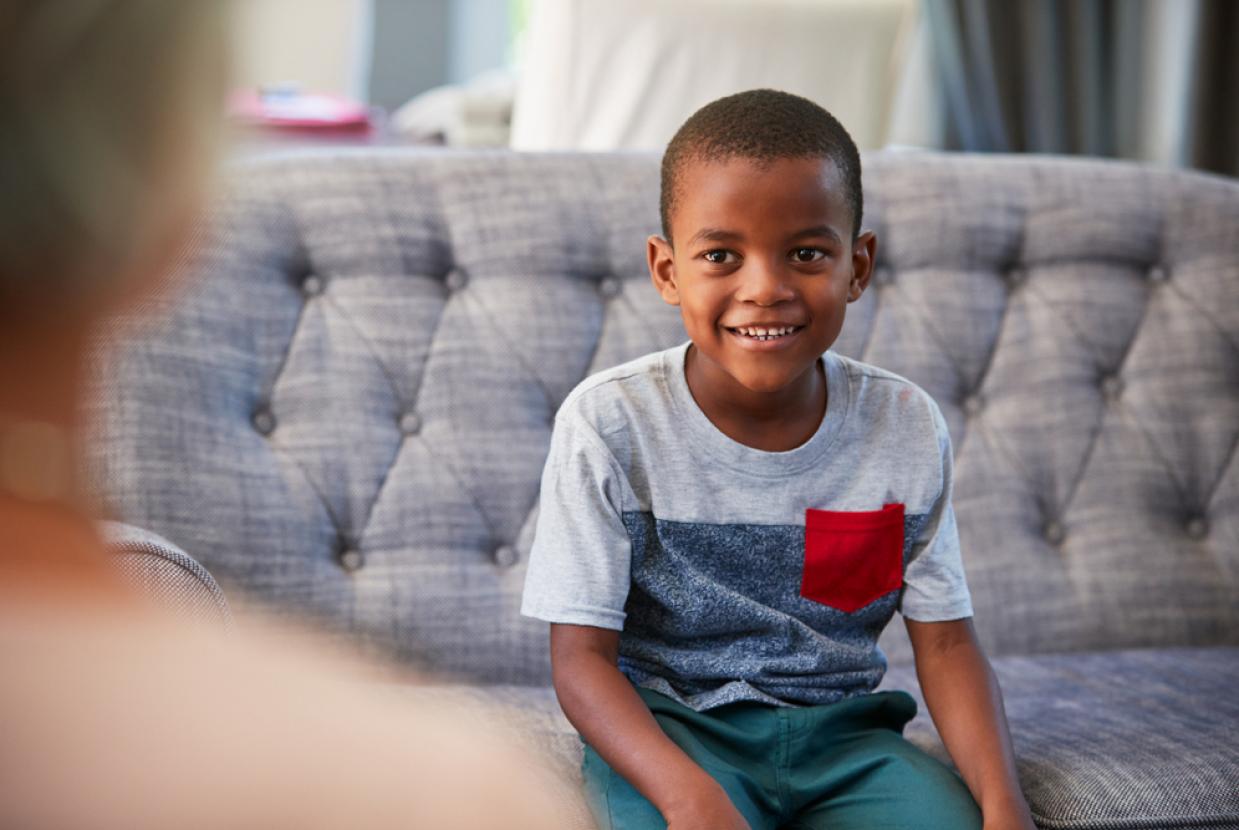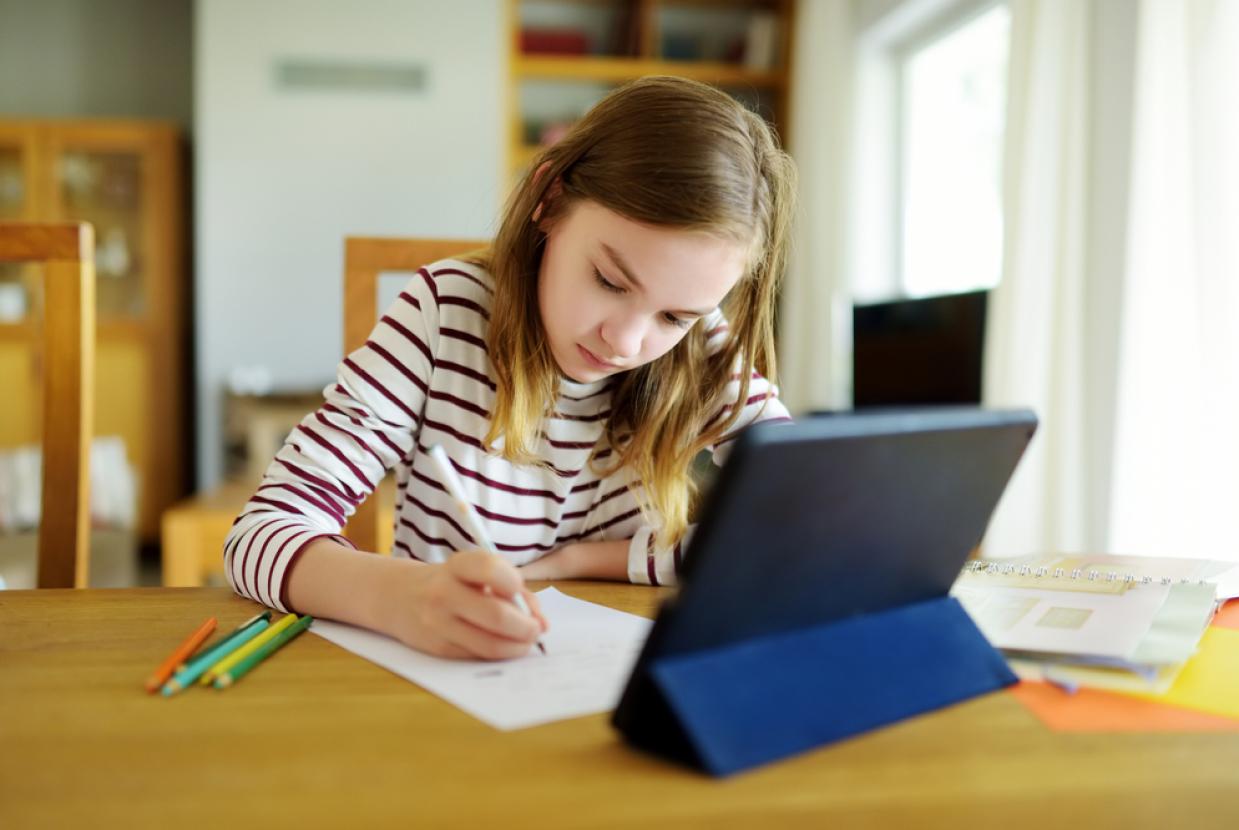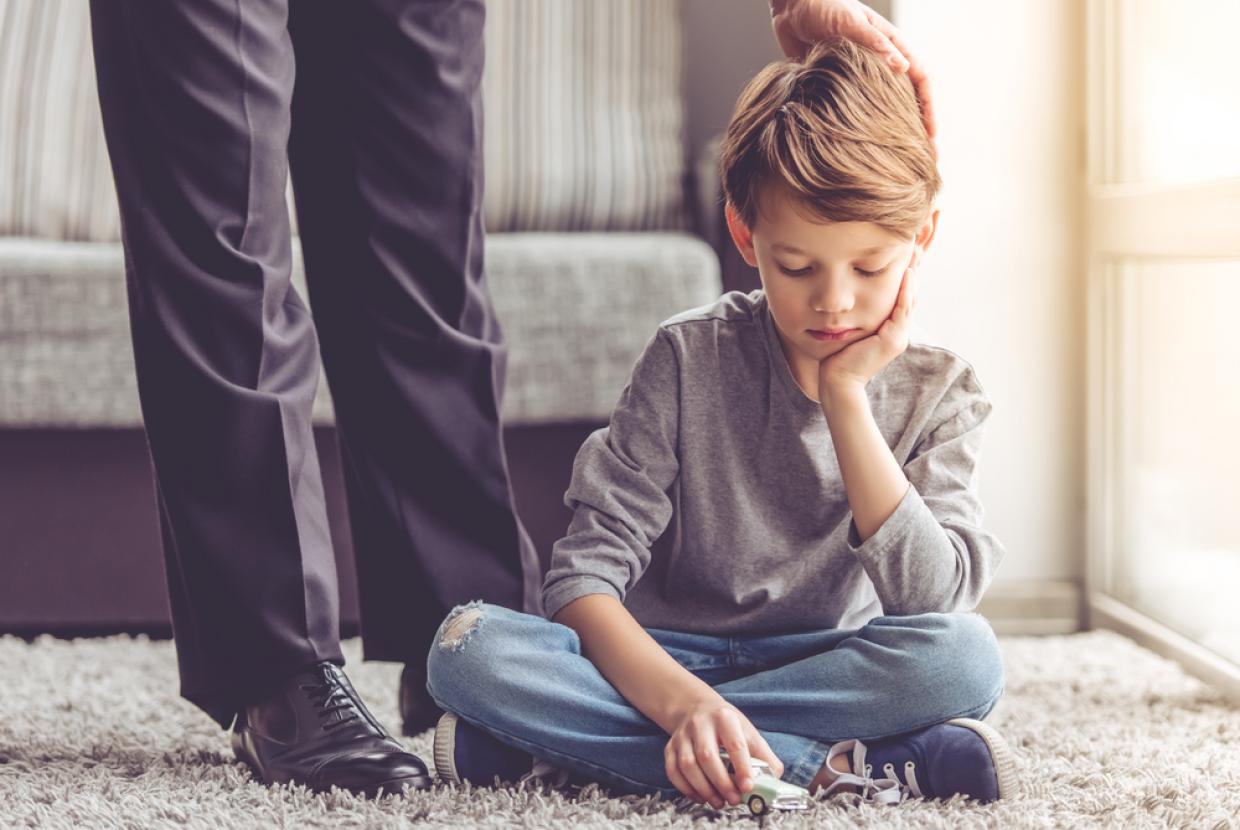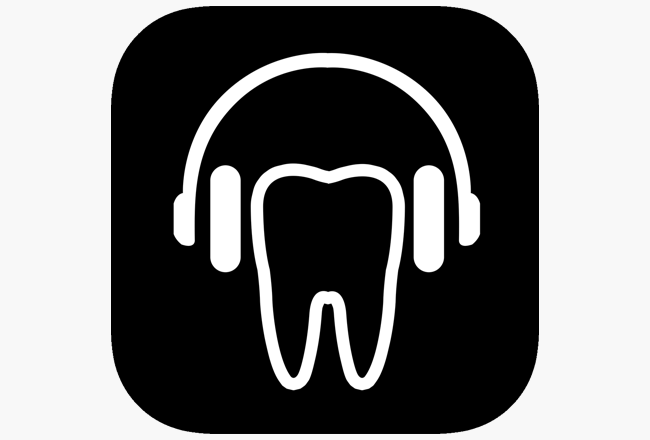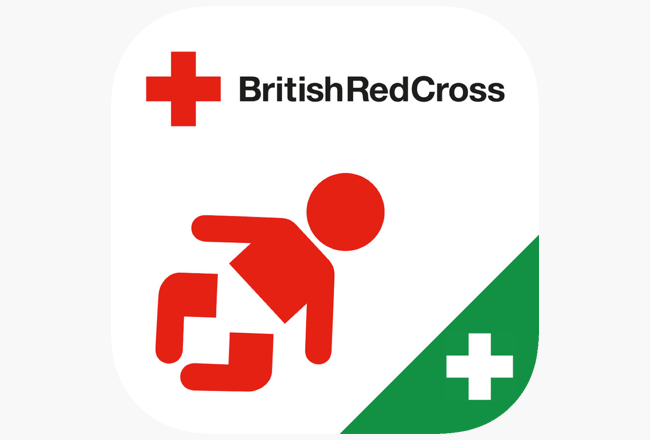Promoting A Positive Body Image To Children: A Practical Guide for Parents
Children and teens need to feel happy about their body shape and size and to learn that there is more to their bodies than just how they look.
- Parents say things like “My thighs are huge!”; “I have a beer belly”; “I need to lose weight for that wedding”. When children overhear this, they pick up the message that a healthy body must be a perfect weight or shape.
- While we need to promote healthy children and teens, keeping the focus only on weight can lead to our children developing unhealthy ideas about what a healthy body is.
- Many parents worry about talking to their children about their weight as they are afraid their child might develop an eating disorder. Unfortunately, this means that many children who need to lose weight don’t get the help and support that they need.
- One of the best ways to help your child to be a healthy weight is to encourage your child or teen to be happy with their bodies.
Tips on how to help your child to have a healthy body image
Focus on everything that the body can do, rather than just on how it looks.
- We are very influenced by media images of super-slim women and heavily-muscled men.
- We often forget that, even if we don’t look like a supermodel, that our bodies can still be very healthy and capable of doing many things well – walking, cycling, playing football, studying, playing musical instruments, crafts and so on.
- If we only focus on what our bodies look like, then it is easy for us to become unhappy about the shape. When we talk to kids about bodies (our own as well as theirs) we need to talk about what the body can do as well as how it looks.
Compliment your kids.
- Try not to just focus on how they look. It is easy (and lovely) to tell a child that a particular shirt looks well on them but it is also great to compliment a child for personal qualities like being generous to a younger brother or sister, for their determination in studying for an exam, for any talents or skills they have or just for having a lovely smile.
- Letting a child know that there is more to them as a person than just their body shape gives them great confidence.
Become aware of how you talk about food and weight to yourself, family and friends.
- Many people only eat healthily when they want to lose weight, instead of making it a normal part of family life.
- If you want your child to grow up with a healthy idea about food and weight, you need to have a healthy idea about it yourself! If you are always on the latest miracle diet or starving yourself for an event, then your children will see this behaviour as normal.
- Children may then start to worry about their own weight and look at cutting back on food in the same way that their parents do.
Talk to children and teens about the media images they see.
- It is worth watching TV with your children and talking about the unrealistic body shapes and sizes and how limited they are compared to the variety of healthy body shapes we see when we go out.
- Look at fashion magazines with children and talk about how most pictures are touched up in some way.
- Teaching children that many of these images are not even of ‘real’ people can help them to have more realistic expectations about their own bodies.
- It is important to remember that boys are influenced by media images almost as much as girls and many boys feel they need to be heavily muscled to by attractive.
- Again, a focus on a healthy and active body is a great way to teach kids that healthy bodies come in lots of shapes and sizes.
Focus on health rather than weight.
- Forget the scales, stop counting calories and start to focus on healthy eating and regular exercise. It is important for kids to know that healthy eating is not just about being a healthy weight – it is about getting the right nutrition you need to have great energy and to stay healthy throughout our lives.
- Kids need to know that exercise is for feeling fit and energetic and for having the strength to do all the day-to-day tasks we face.
Try not to ban ‘treat foods’.
- Sometimes we can be extreme when it comes to health and the temptation is to ban foods seen as unhealthy such as sugary drinks and sweets. Although we need to focus on healthy foods like fruits, vegetables and wholegrains, including the occasional treat is a normal part of eating.
- Banning treat foods can lead to children over-eating on them when the opportunity arises or when they get their own pocket money.
- What we need to teach kids is that these are not everyday foods, but are fine to enjoy in small amounts now and again.
Feeling fit, strong and capable is a great way to help kids have a positive body image.
- We need to encourage children to be active in a way that suits them. Some kids will join in with any kind of sports, others like solitary exercises like walking or cycling, others prefer yoga, martial arts or dancing.
- The key is to make regular physical activity a natural part of your child’s life – not something you do when you feel ‘fat’ or a holiday is coming up!
Beware of body changes at puberty.
- Children’s bodies can change dramatically at puberty. Some children may gain a few pounds just before their teenage growth spurt and changes in body shape can lead some children to feel insecure about their bodies.
- Again, talking to children about the normal changes to expect at puberty can be very helpful. It is also useful to realise that they are likely to become more looks-focused at this time and to start camping out in the bathroom as they try out new looks, hairstyles, make up and clothes.
- Be sensitive to these changes and allow some leeway during this stage. Again, compliment kids but not just on looks, and beware of unhelpful comments such as talking about ‘puppy fat’.
- It is not helpful to let teens skip household chores and study time to focus on looks – they need to know that there is more to life than just how they look. Making them continue with other normal aspects of life is one way to help keep ideas about appearance in balance.
Allow your child to make some decisions about food, whilst guiding their choices.
- Children need to learn to be confident with the food choices they make. This does not mean they get to have a completely different menu to the rest of the house! It is useful to let them make some decisions about school lunches and parts of family meals.
- It is also a great idea to encourage them to cook. If you cook, let them get involved with chopping and washing fruit and vegetables and stirring pots (supervised!).
- As they get older, encourage them to make the occasional family meal. Do this as a normal part of life and your children will grow up to have a good appreciation of how to make a healthy meal instead of just being able to heat up a ready meal! If available, consider sending them to children's cooking courses or attend a family cooking course together.
Be a good role model.
- Be happy with your own shape and size, be sensible with how you eat, get involved with regular exercise and make these things a normal part of your life.
- Children have a positive body image when their parents do and when being healthy (but not health obsessed) is a normal part of their lives.
Created by the Paediatric Dietitians’ Interest Group (PDIG) of the Irish Nutrition and Dietetic Institute (INDI).



